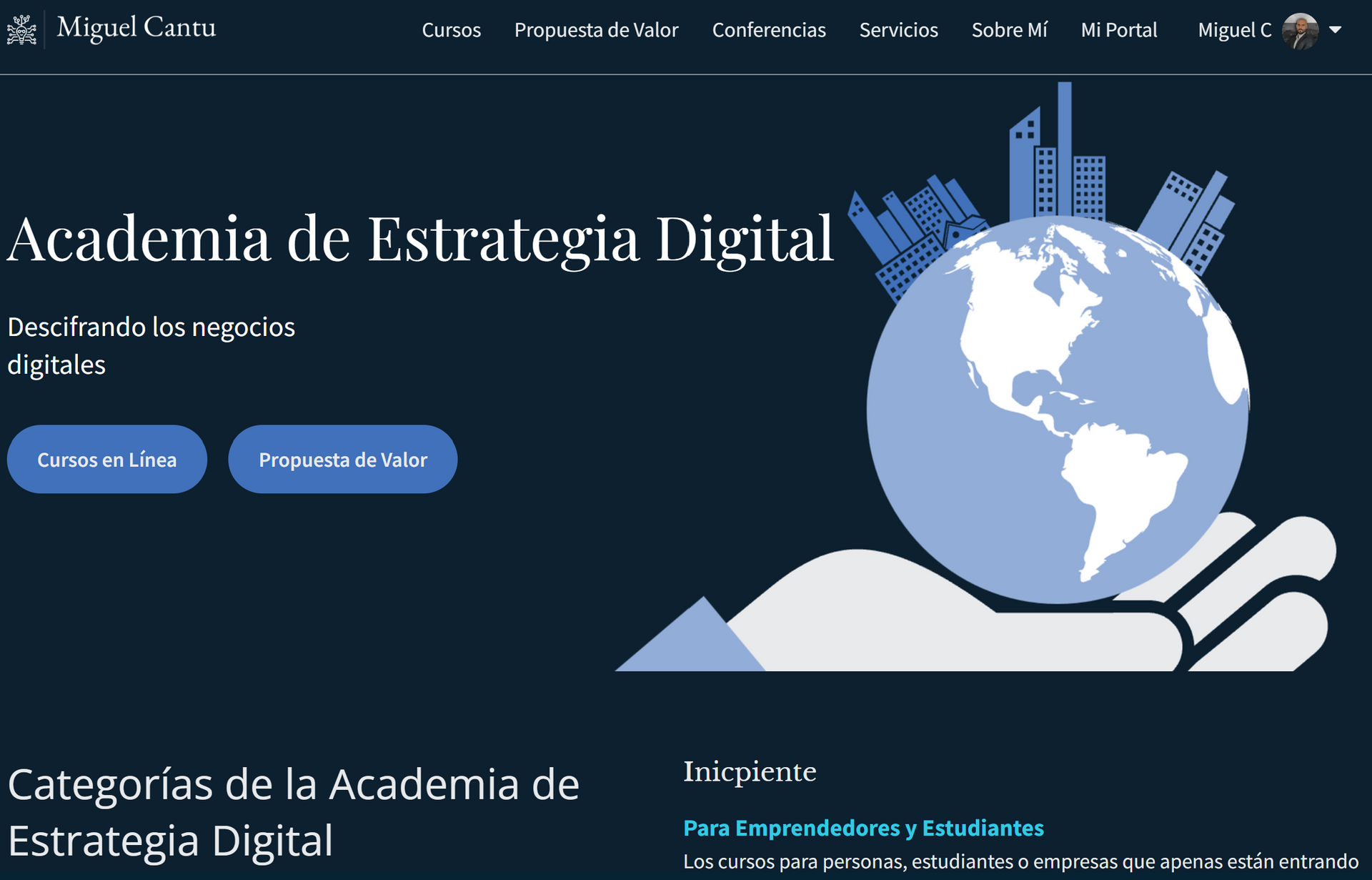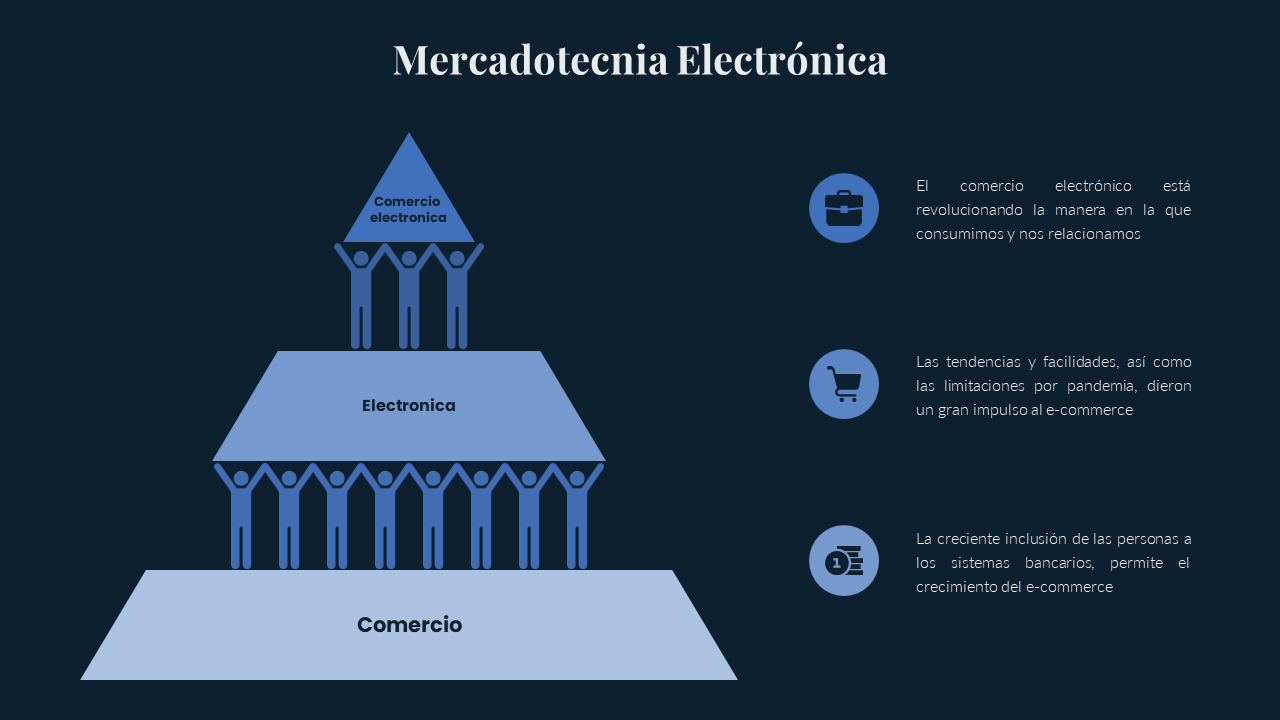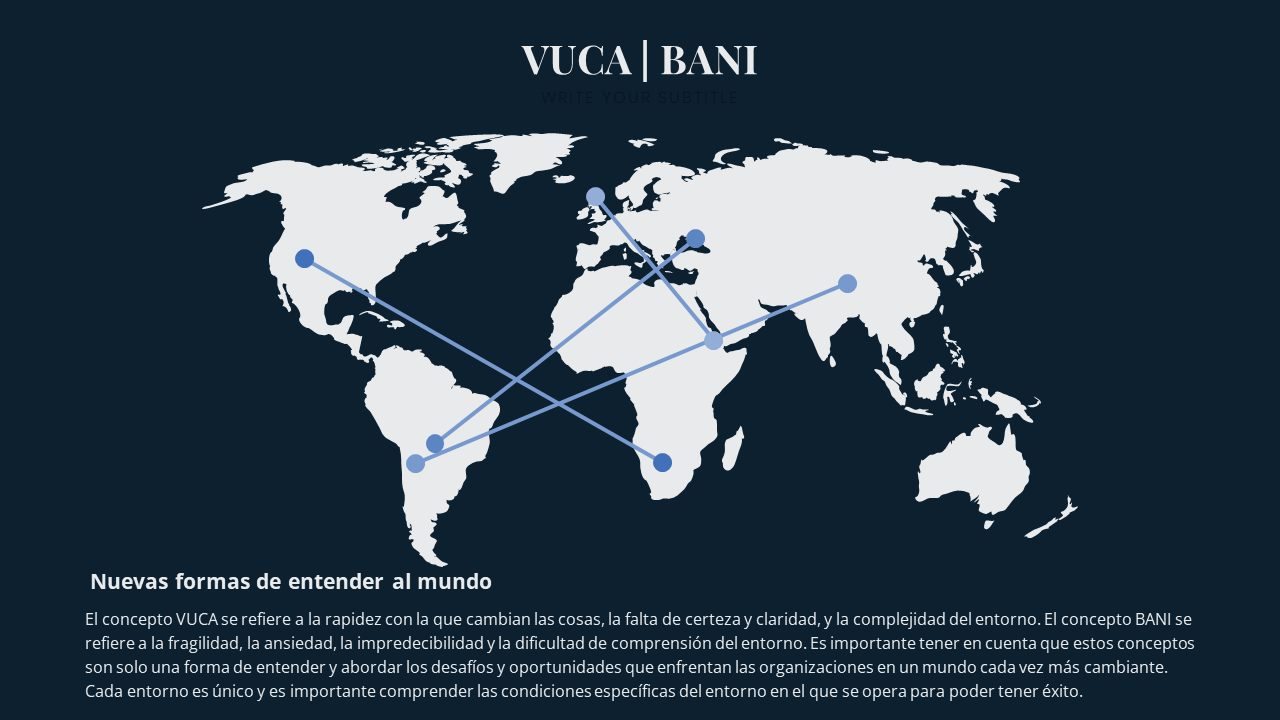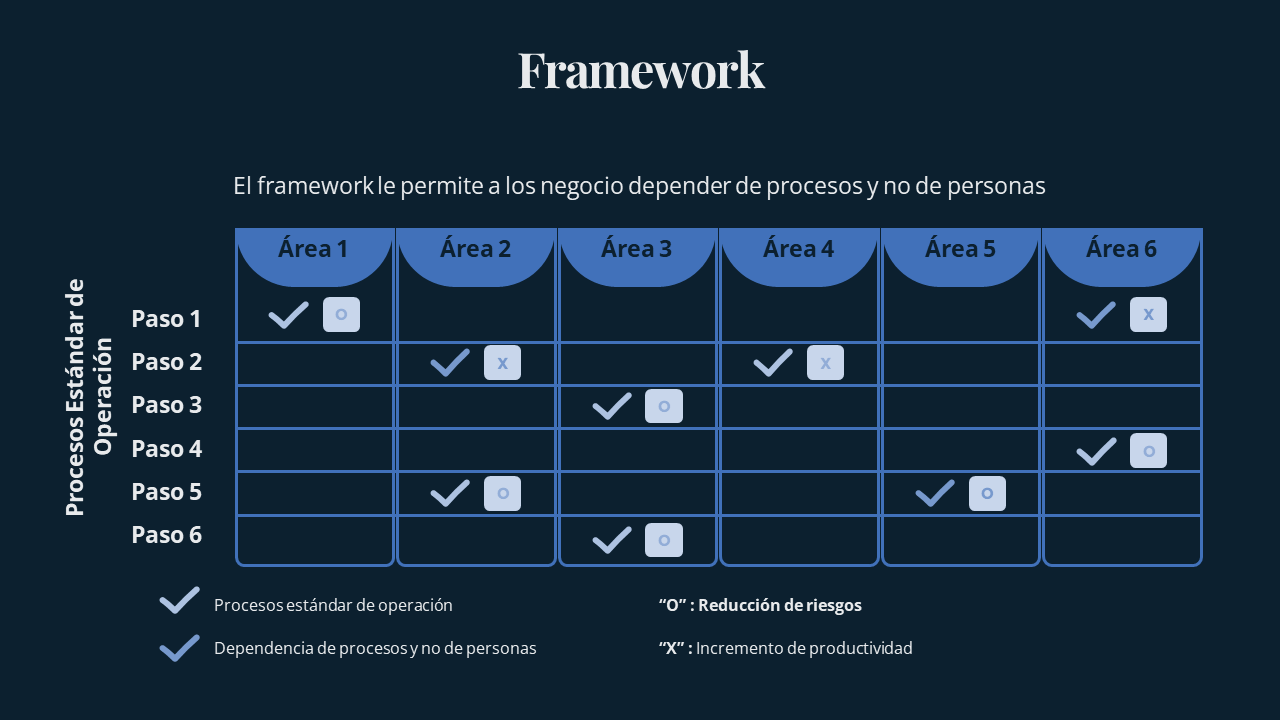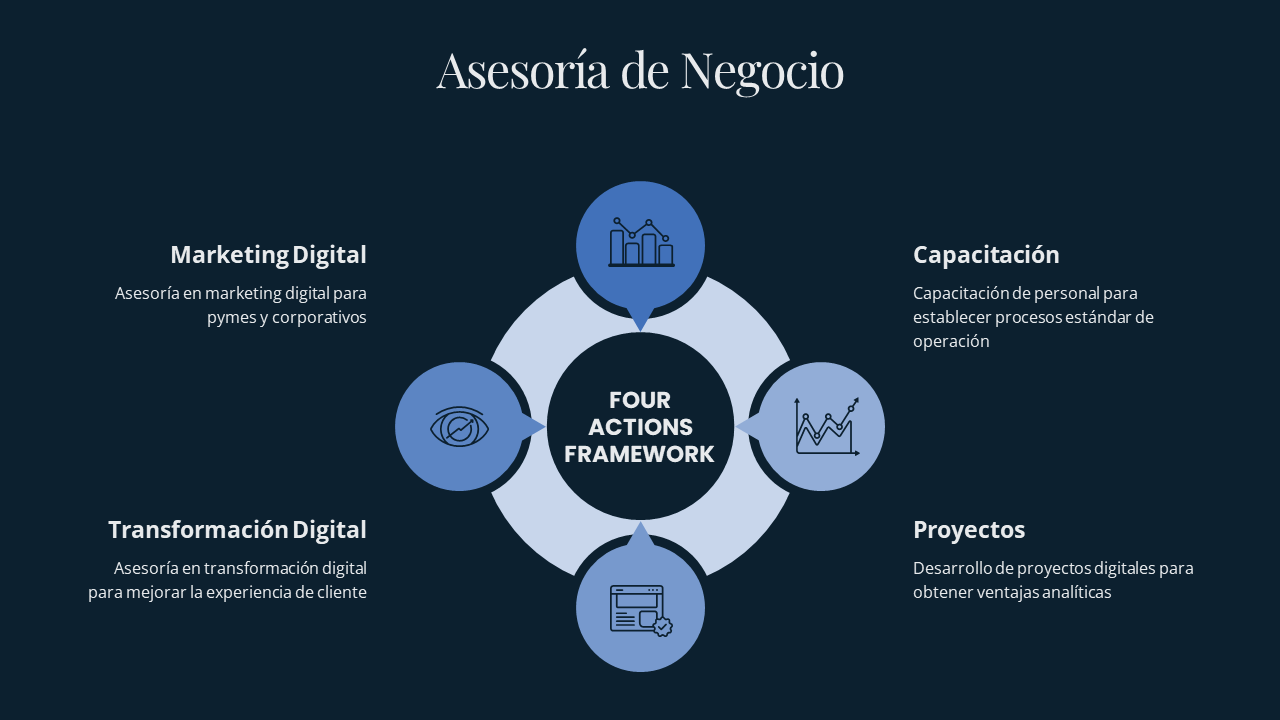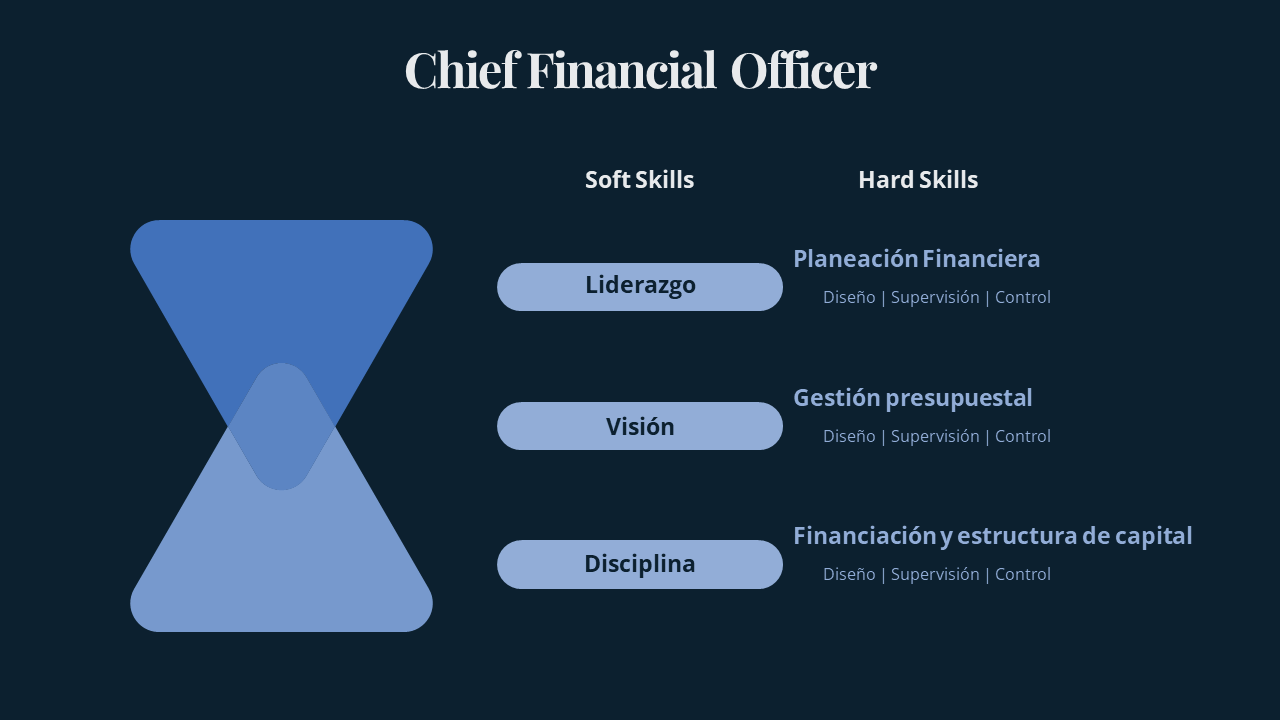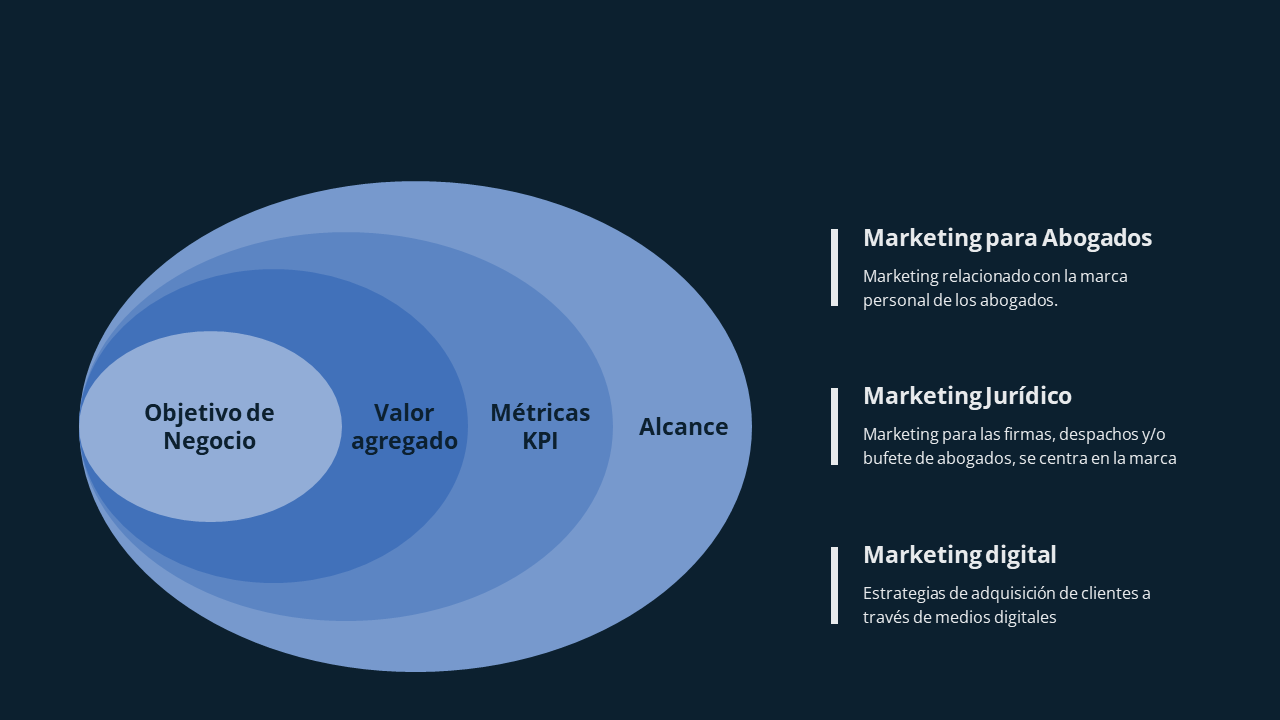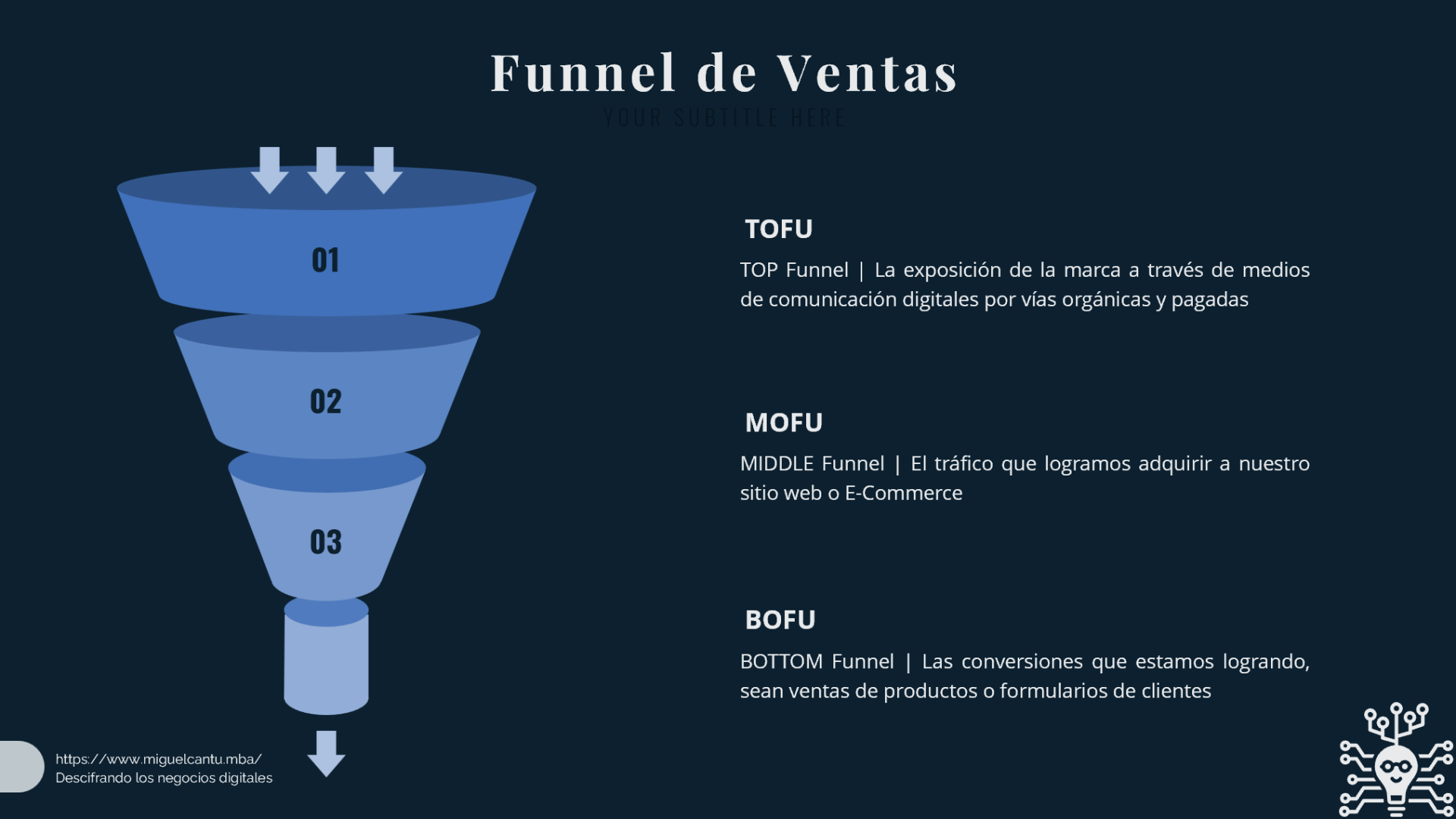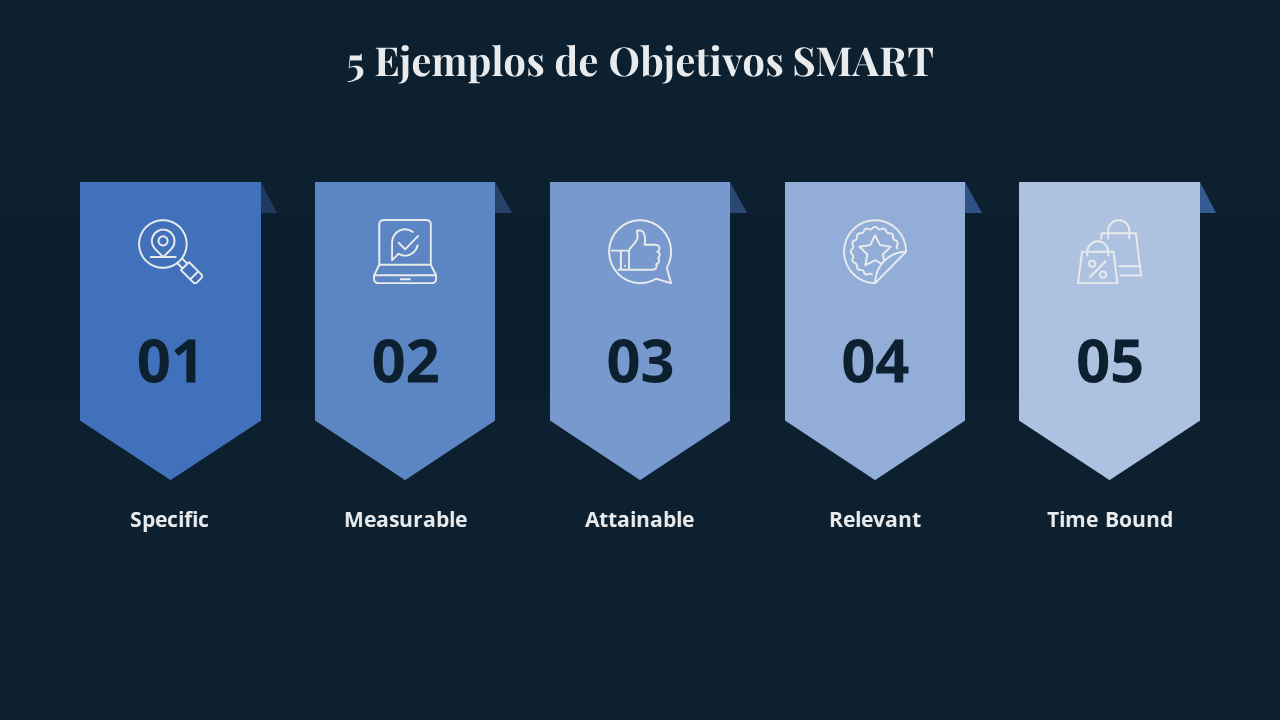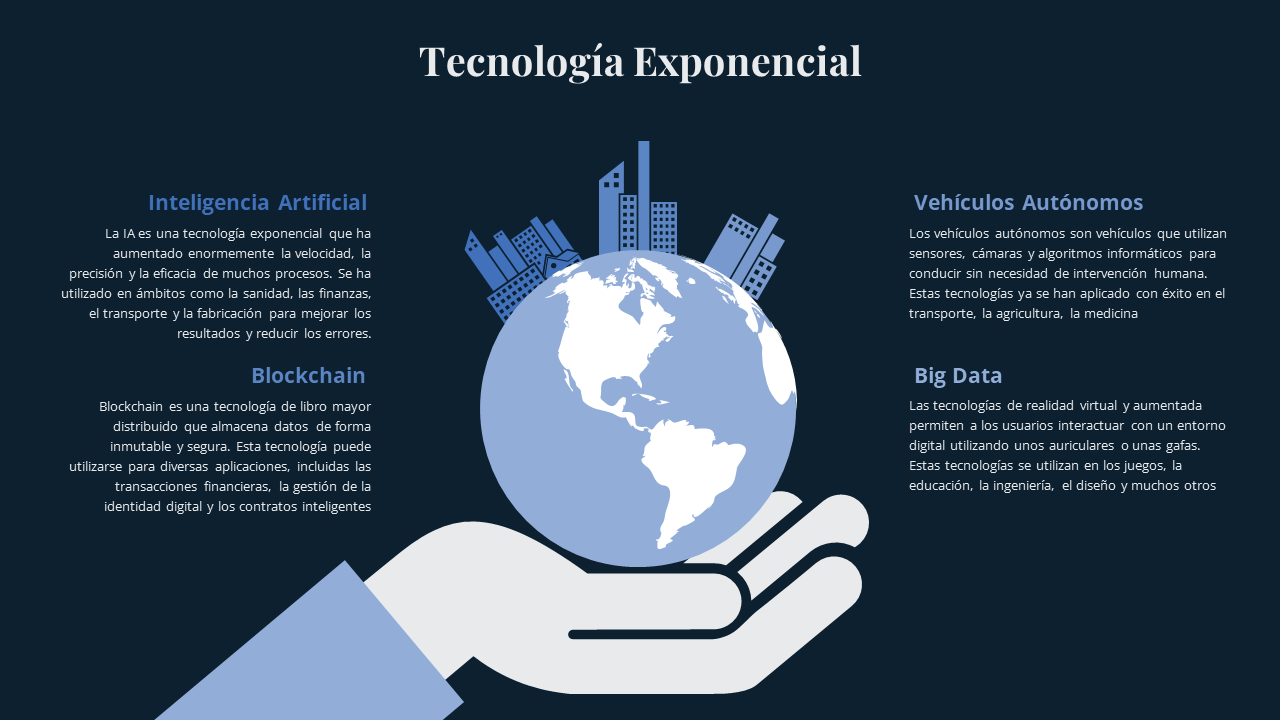Shared Value | Conscious Capitalism | CSR
¿Is it a PR Stunt? or... ¿Does it really create something else?
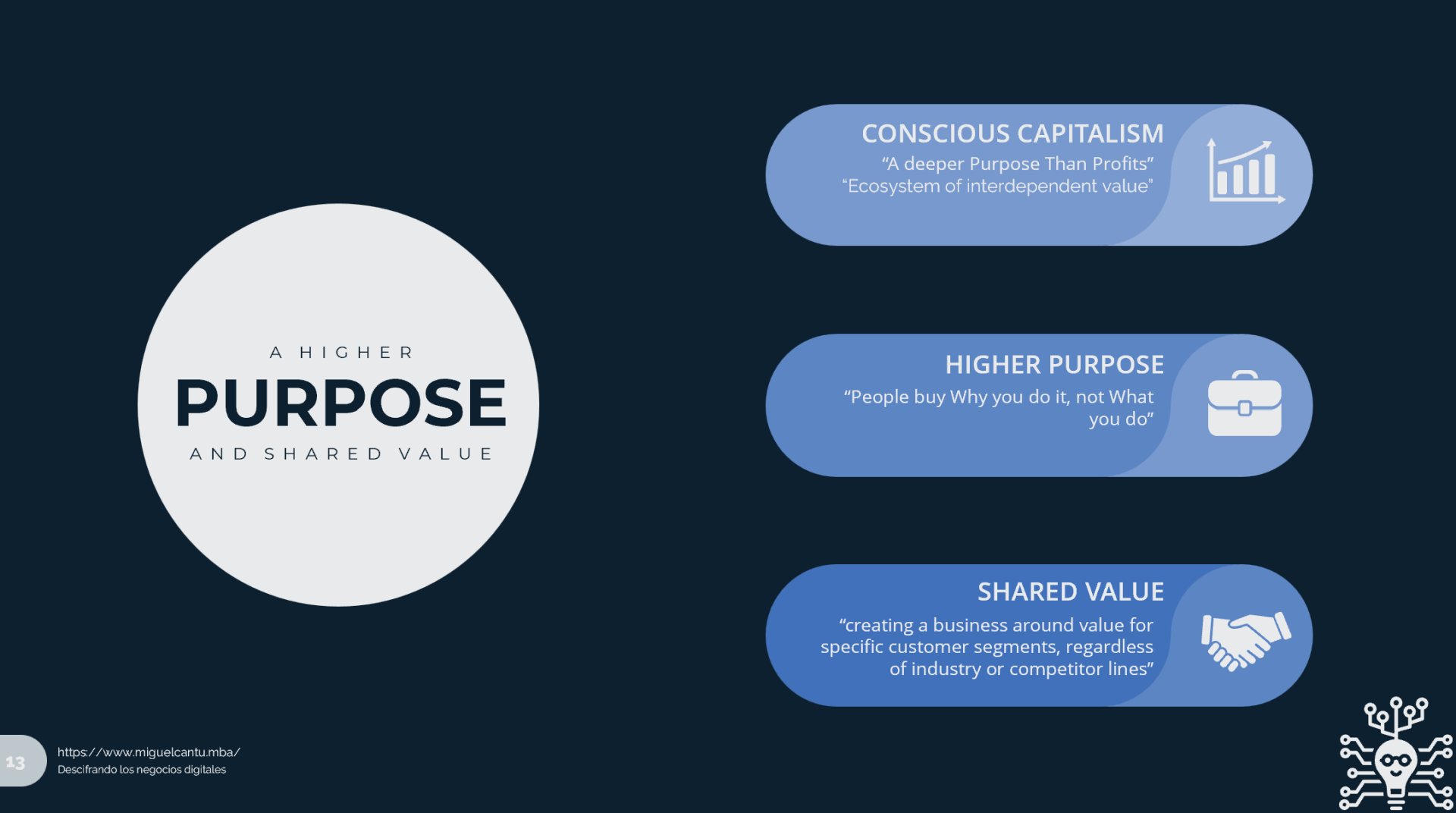
Having a higher purpose, being a conscious capitalist and/or developing a shared value platform gets a bad reputation. The main reason being, that we don´t fully comprehend the "what is it" and "how to do it".
Common mistakes we see are related to a narcissistic view point on value creation. This means that companies fall under the impression that what they say is what their company (and employees) do, or only by saying things they will come to life.
For example: Read the 9 worst Mission Statements here and we will take this one for the example
"Here's Albertsons' mission statement: "To create a shopping experience that pleases our customers; a workplace that creates opportunities and a great working environment for our associates; and a business that achieves financial success."
In case you're wondering, Albertsons is a chain of grocery stores, primarily in the Western U.S. Ideally, your mission statement should mention what your company actually does."
(Excuse my French but the fuck is even that.. All Talk, No Action)
And we tend to see different companies, CEOs and entrepreneurs believing that by saying these phrases, they will get all the benefits from conscious capitalism, shared value and corporate social responsibility.
Which is nothing further from the truth...
So... with the intention of not boring you to death, you will find the definitions of each of these concepts at the end of this blog entry. But for now, let´s start with what are the actual benefits of a correct implementation of these concepts.
Conscious Capitalism Companies perform 10x better -HBR
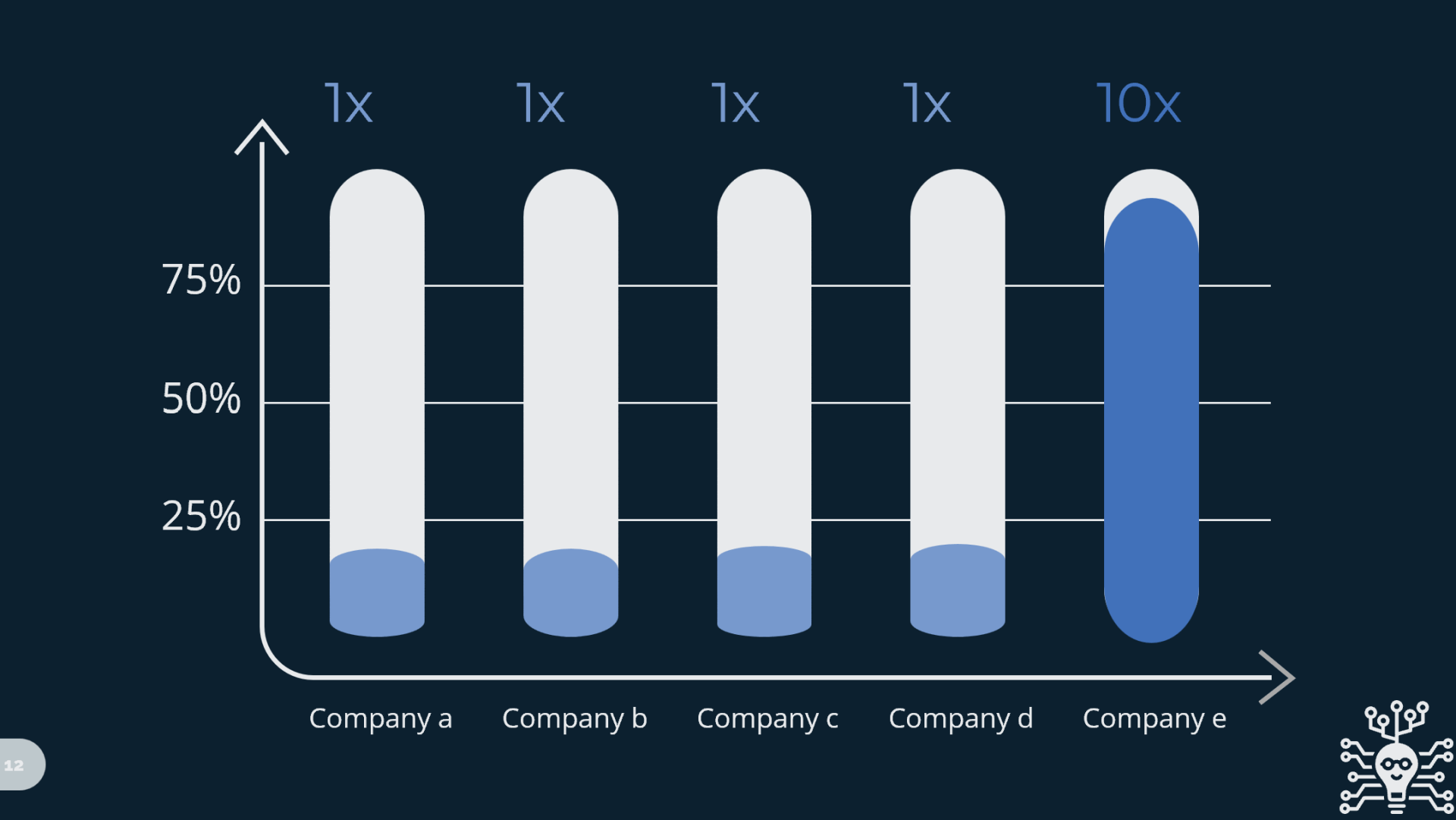
HBR- "Raj Sisodia looked at 28 companies he identified as the most conscious — “firms of endearment” as he terms them — based on characteristics such as their stated purpose, generosity of compensation, quality of customer service, investment in their communities, and impact on the environment...
...The 18 publicly traded companies out of the 28 outperformed the S&P 500 index by a factor of 10.5 over the years 1996-2011. And why, in the end, should that be a surprise? Conscious companies treat their stakeholders better...
...As a consequence, their suppliers are happier to do business with them. Employees are more engaged, productive, and likely to stay. These companies are more welcome in their communities and their customers are more satisfied and loyal...
...The most conscious companies give more, and they get more in return. The inescapable conclusion: it pays to care, widely and deeply."
- HBR
Read More Here
Enough Foreplay... Show me an example

¿Who the hell is John Mackey and why should you care or rather, why is he important?
A strong believer in free market principles, Mackey co-founded the Conscious Capitalism Movement (https://consciouscapitalism.org/) and co-authored a New York Times and Wall Street Journal best-selling book entitled Conscious Capitalism, Liberating the Heroic Spirit of Business to boldly defend and re-imagine capitalism, and encourage a way of doing business that is grounded in ethical consciousness.
He is the co-founder and CEO of Whole Foods Market, he has led the natural and organic grocer to a $13 billion Fortune 500 company. With more than 370 stores and 80,000 Team Members in three countries, the company has been named by Fortune magazine as a “Best Company to Work For” for the 20th consecutive year.
America’s Healthiest Grocery Store™ ranked No. 58 on this year’s list, and is one of just 12 companies to make the list every year since its inception in 1998. Fortune has named that group of 12 companies “Great Place to Work For Legends.”
So... we now have stablished that Conscious Capitalism gets a bad rap and that it does in fact provide business value, in some statistics, even by a factor of 10x
Finally, for those of you who were wondering... read here the
Conscious Capitalism Credo
¿Do I Have Your attention Now?
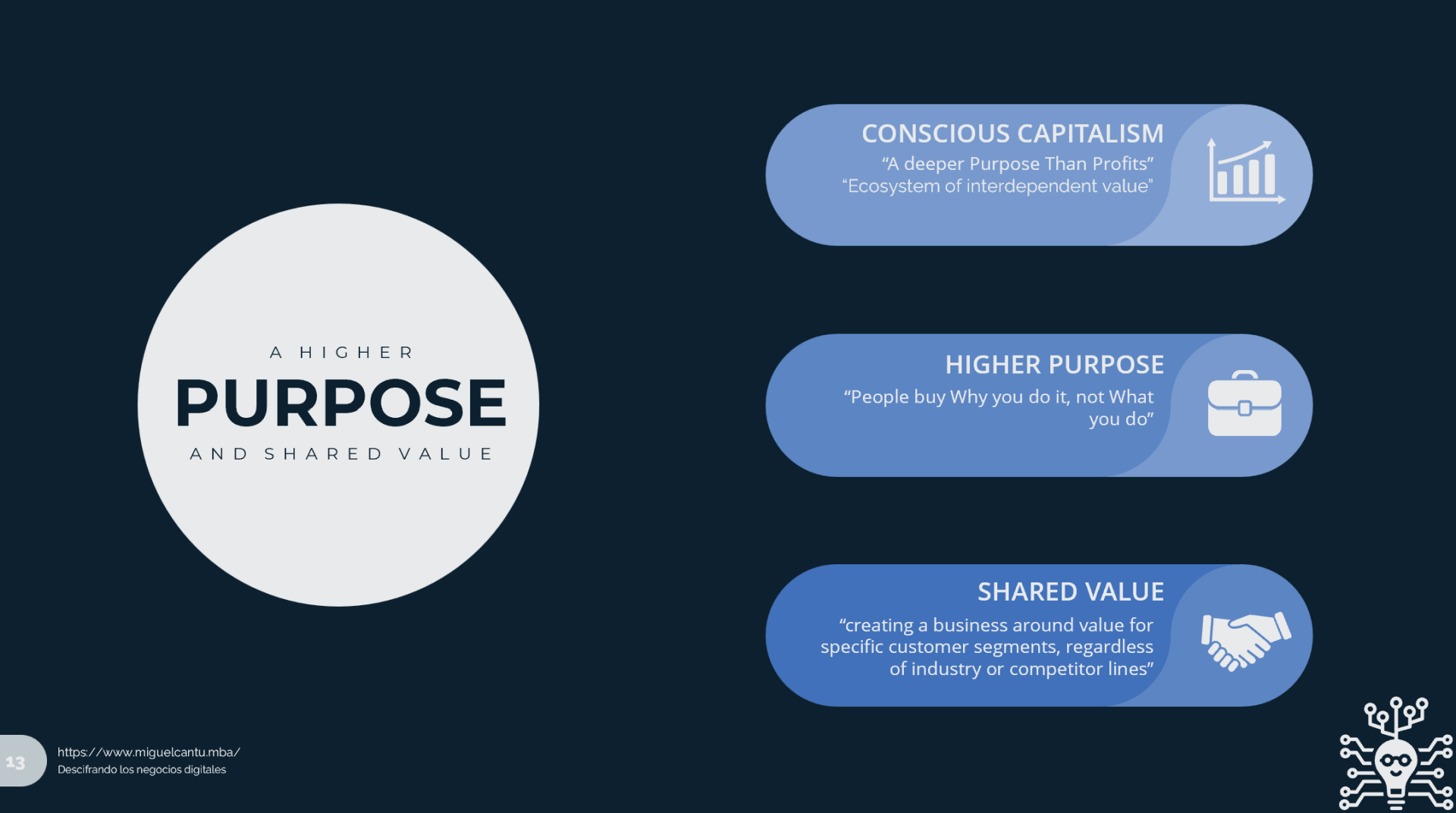
You better be paying attention, we are looking at some concepts that... if well implemented and executed... can provide business value of 10x in comparison to other non-conscious capitalist companies.
Which, to be honest its the grand majority of companies.
And so, the questions that we have to answer become the following:
- ¿What and How is a Higher Purpose developed?
- ¿What and How is Conscious Capitalism created?
- ¿What and How is Shared Value coordinated?
- ¿What is the relationship between these concepts and Open Innovation?
The answer will make you a critical component in the new digital era. Eventually all companies will become conscious capitalist themselves. I guarantee it.
Basically in the near future, when Gen Y (millennials) and Gen Z (Zoomers, apparently) become managers and consumers in the free market, they will all opt for the more conscious capitalist business instead of the cold hearted human energy burning machine operator of companies that have dominated the free market due to a lack of options and lack of collective culture of "being green", among other factors, but the thing is, either be it, fake it good, or die if you dont have it.
So, Higher Purpose ¿What is it and How to develop it?
Watch the video and also read this interesting article from Forbes, where John Mackey describes lessons from a decade of conscious capitalism
Now to be honest... From my point of view, getting the higher purpose is VERY easy to understand, at its core, its easy because you can easily identify it. You will feel moved, touched, heard and/or identified with a great higher purpose statement.
The hard part is coming up with a great little statement and actually making decisions, processes and technology investment if necessary to execute your higher purpose.
For example Google´s Higher Purpose is "Our mission is to organize the world's information and make it universally accessible and useful."
And if that wasn´t enough... here are other 11 examples from www.consciouscapitalism.org:
- Design Eco-friendly Products
- Support Marketers To Achieve Results
- Help Customers Renew Self-esteem
- Create Positive Social Impact With Your Brand
- Use Marketing To Help People Make Better Choices
- Defend The Marginalized
- Assist Small and Family-run Businesses
- Inspire People To Achieve Personal Success
- Equip Digital Workers To Achieve Balance
- Help Others Embrace More With Less
- Empower Freelancers To Succeed
Here is the Key Take Away
The higher purpose is something that makes you want to wake up and go to work, makes you feel like you are providing value to someone out there, a group of people, a country or even better, the world.
You will notice that if it doesn´t inspire you, then you are looking at a business metric mission, vision and purpose statement "To be the best customer service agency in México and provide top notch quality bla bla bla..." Everyone says that, but how are actually helping the world?
If you don´t feel motivated to help the organization move forward with their purpose.. either they are doing a poor execution or they are not inspiring enough.
So before we get into Conscious Capitalism and understand the difference between that and this, I want you to ask yourself..
¿How do you inspire someone to take action?
¿How do Great Leaders Inspire Action?
"People Don´t buy What You Do, They Buy Why You Do It" - Simon Sinek
So, it sounds easy.. probably this video changed the why you look at things and think about certain things. But the hard part becomes what we talked about before. How do you put it into words and even more so, how do you execute the higher purpose in your organization.
How do you communicate it to employees .. Do you communicate it the same way to managers .. How do you incentivize people to support your idea .. How do you get buy in from senior executives .. How do you align different opposing business metrics with the Higher Purpose(H.P.)(finance and Marketing for example) .. Which technology stack would you need to support the H.P.

HAHA, Not so easy yes?
You probably thought it was only about creating a cute little catch phrase to use in a PR stunt for your company. And that´s the thing, it is something much deeper and harder to grasp. It is almost subjective or rather, you have the create from the ground up and convince other people to follow your lead.
And to be honest "other people" will not help you if they don´t trust you, if they don´t believe in you, if they have nothing to gain nor do they identify themselves with the higher purpose you want to implement.
Enough with Higher Purpose, ¿What´s Conscious Capitalism?
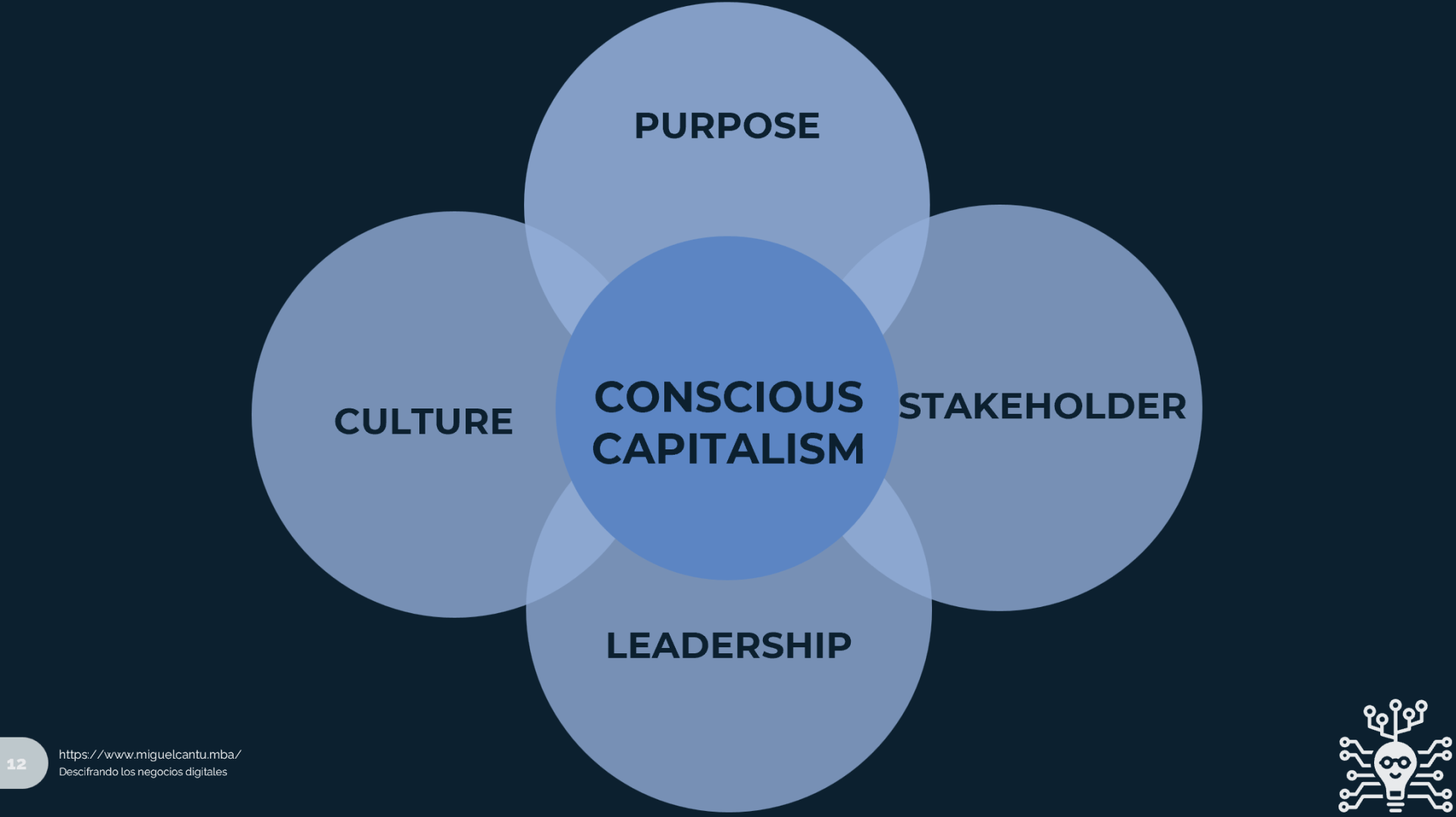
Here is an article from Medium in which I liked the way Conscious Capitalism is explained
And also getting information from this site "Page Center Training" which also explains what it is as a definition.. any similarities between their image and mine, was mere coincidence.
But in summary, Medium and Page Center Training explain this with pillars and characteristics
- Pillar 1 The Higher Purpose
- Characteristic 1 - Lead with the Heart
- Basically means to say and do as your relatable Higher Purpose motivates people to work for
- Pillar 2 Stakeholder Orientation
- Characteristic 2 - Give First
- Healthy stakeholders leads to healthy business balance shareholder´s interests with customer interests (easier said than done)
- Pillar 3 Conscious Leadership
- Characteristic 3 - Treat others like you want to be treated
- Everything starts at the top, if senior execs treat poorly their managers, managers will treat poorly staff and they will treat poorly the customers. Senior Execs and CXOs create the culture they company breaths and lives
- Pillar 4 Conscious Culture
- Characteristic 4 - Nurture a Growth Mindset
- If you hurt you knee you go to the doctor, the same should be for mental health. As well as to continue to improve and learn, companies and people no longer have the luxury of studying a career and that´s it. Today´s world is ever changing, ever evolving.
Suscríbete al boletín
Cursos Gratis de Marketing Digital y Transformación Digital
Comparte el contenido en tu plataforma de preferencia




